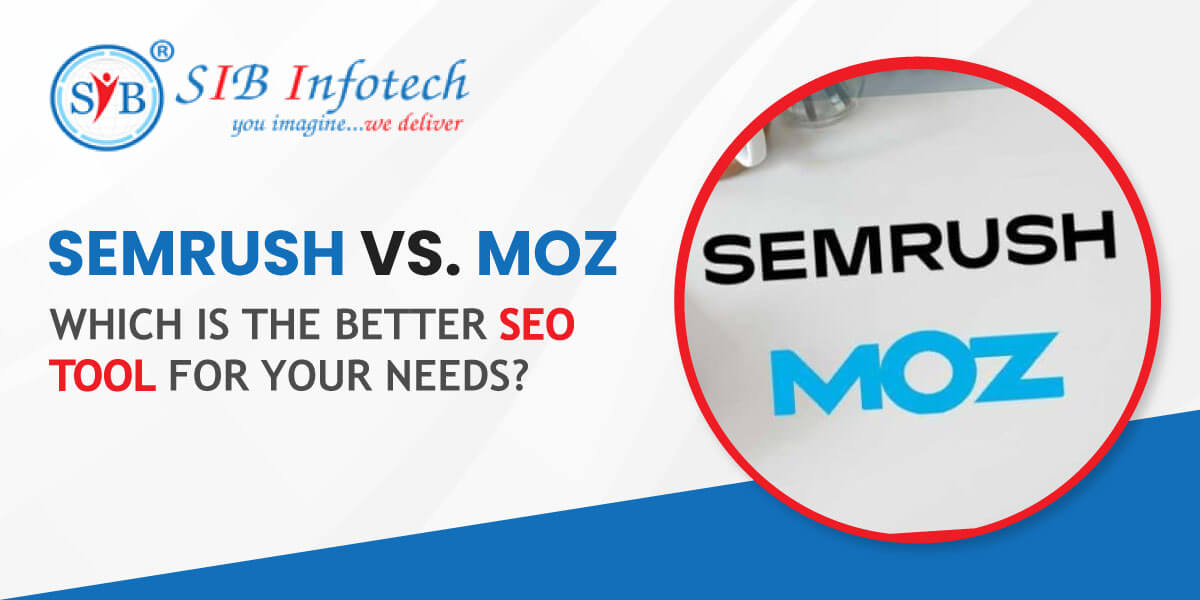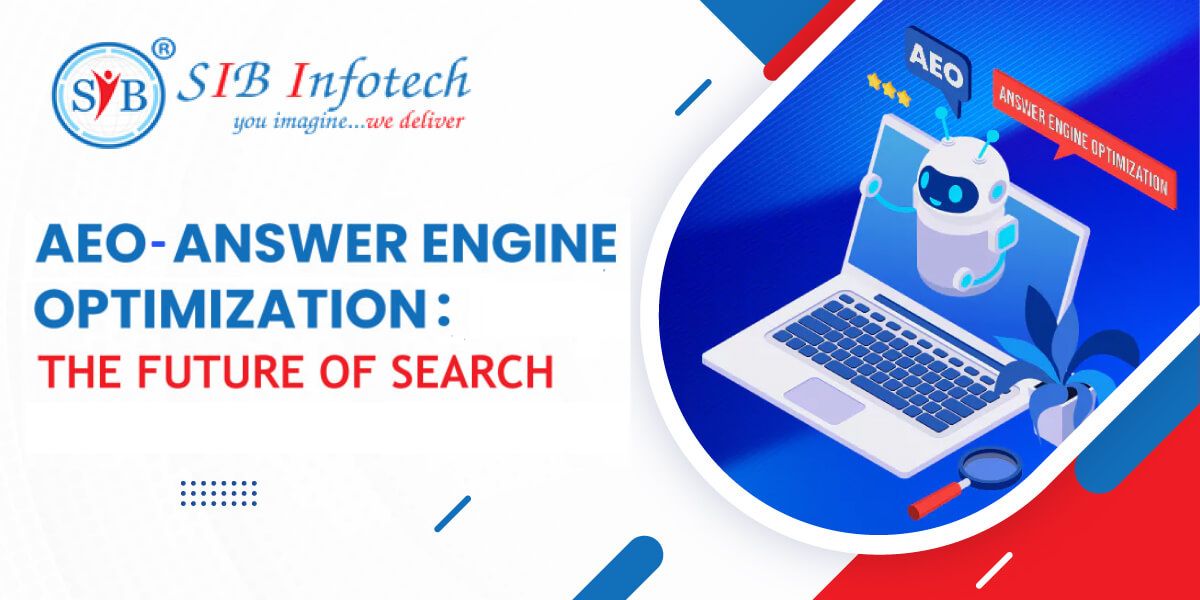LLMs.txt for AI SEO: Game-Changer or Empty Buzzword?
- Oct 03, 2025
LLMs.txt for AI SEO: Game-Changer or Empty Buzzword?


About The Author
The SEO industry has always thrived on change. From keyword stuffing in the early 2000s to Google’s AI-powered algorithms today, marketers have learned (sometimes the hard way) that not every shiny new tool leads to long-term visibility. The latest buzz in the community? LLMs.txt. Promoted as a way to make websites “AI-friendly” for large language models (LLMs) like ChatGPT, Perplexity, or Bing’s AI search, this proposed file format has been popping up in SEO tool audits and CMS plugins. But here’s the critical question: Is LLMs.txt the next robots.txt — or just another passing trend?
The Origins: How We Got Here
To understand why LLMs.txt exists, let’s rewind.
- Robots.txt (1994): Created to tell crawlers what they could or couldn’t index. Adopted widely, still essential today.
- Sitemap.xml (2005): A Google-led initiative to give search engines a structured view of site content.
- Schema.org (2011): Standardized markup that powers rich snippets and helps engines understand context.
Each of these standards succeeded because search engines adopted them. They solved real problems. Now, LLMs.txt is being pitched as the next step: a way to tell AI chatbots how to interpret, summarize, or cite your website’s content. The idea sounds promising — but there’s one big catch.
The Reality: LLMs.txt Isn’t Used (Yet)
Despite the hype, no major AI platform currently supports LLMs.txt. Google’s John Mueller put it bluntly: “Good catch! Especially in SEO, it’s important to catch misleading & bad information early, before you invest time into doing something unnecessary. Question everything.” So why do people think it’s necessary? Because SEO plugins and audit tools started flagging it as a “risk” if it’s missing. Business owners — already anxious about AI taking over search — assumed they were falling behind. This is how myths spread in SEO: a mix of fear, urgency, and tool-driven nudges.
The Problems With LLMs.txt
Even if AI platforms considered adopting it, there are serious issues with LLMs.txt:
- Manipulation Risks: Unscrupulous SEOs could stuff curated markdown files with keywords, fake claims, or hidden prompts — tricking AI into promoting their content.
- Trust Gap: AI models trust on-page HTML more because it matches what users actually see. Separate files open the door to misinformation.
- Spam Magnet: Just as spammers abuse schema or hidden text, LLMs.txt could become a playground for exploitation.
A 2024 study on Preference Manipulation Attacks showed that AI search engines can be tricked into 2.5x higher promotion of certain products just by inserting targeted text. Imagine what happens if LLMs.txt becomes a free-for-all? It’s unlikely AI companies want that liability.
What SEO Tools & Plugins Say
Different SEO tools are taking different stances:
- Squirrly SEO: Added LLMs.txt only because users asked, but admitted it has zero impact on AI visibility.
- Rank Math: Suggests chatbots may rely on curated files — but there’s no evidence this happens.
- Yoast SEO: Explains the concept carefully, hedging with “can” and “could” without overpromising.
This conflicting guidance has created what we call a “misinformation loop”:
- Business owners worry about AI visibility.
- Tools release LLMs.txt features to meet demand.
- Businesses assume it’s essential.
- The cycle repeats.
The Bigger Picture: AI SEO Isn’t About One File
Even if LLMs.txt eventually gets adopted, it will never be a silver bullet. AI search visibility is already being shaped by much bigger forces:
- Content Authority: AI prefers citing trustworthy, authoritative sources.
- Entity Recognition: Well-structured content that clearly defines who/what/where is more likely to be understood by LLMs.
- Schema & Structured Data: Rich context makes your brand more discoverable in AI summaries.
- Consistency Across Platforms: If your brand voice, data, and citations are consistent, AI finds you more reliable.
At SIVInfoTech, we’ve seen firsthand that AI-powered search engines like Perplexity or ChatGPT browsing mode tend to pull from sources that:
- Are frequently updated
- Have strong backlink authority
- Present content in clear, accessible structures
Not from speculative files.
What You Should Do Instead
Instead of spending time on LLMs.txt, here’s where businesses should invest:
- a) Double Down on Content Quality
LLMs thrive on depth, clarity, and originality. Long-form guides, expert opinions, and unique data are far more likely to get cited. - b) Strengthen Technical SEO
Fast-loading sites, clean sitemaps, mobile optimization, and structured data still form the backbone of visibility. - c) Optimize for AI Discovery
Think beyond keywords. AI engines look for semantic relevance and intent-matching. Example: instead of just targeting “best CRM,” build content around “How small businesses can choose the right CRM for growth.” - d) Build Digital Authority
Backlinks from trusted sites, mentions in industry publications, and consistent local SEO signals build your authority in both human and AI-driven search. - e) Experiment, But Wisely
Keep an eye on LLMs.txt developments. If tomorrow a major AI platform adopts it, we’ll update our clients immediately. Until then, treat it as an experiment — not a priority.
Future Predictions: Where Is AI SEO Headed?
We believe the next 2–3 years will see:
- AI-First Search Engines: Platforms like Perplexity, You.com, and ChatGPT will compete directly with Google for discovery.
- Verified Content Layers: AI may prioritize content verified by publishers, brands, or authorship signals.
- Voice & Multimodal Search: SEO will expand beyond text to cover video, audio, and even AR/VR discoverability.
- Trust as a Ranking Factor: Just as E-A-T (Expertise, Authoritativeness, Trustworthiness) guides SEO today, AI will heavily reward trusted brands.
If you’re preparing for the AI SEO future, focus less on gimmicks and more on building trust and authority.
The SIVInfoTech Advantage
At SIB InfoTech, we cut through the hype. Our team has spent over a decade helping businesses in India and worldwide adapt to changing SEO landscapes. When we advise our clients, we ask:
- Does this improve visibility today?
- Is it sustainable for tomorrow?
- Does it align with AI-driven trends?
That’s why our strategy emphasizes future-proof SEO — a mix of technical expertise, content mastery, and AI-readiness — not chasing shortcuts like unproven LLMs.txt standards.
Final Thoughts
The hype around LLMs.txt shows how quickly SEO myths can spread. But right now, the truth is simple:
- No AI platform uses it.
- It carries risks of misuse.
- Proven SEO fundamentals deliver far better ROI.
Businesses that focus on quality content, structured data, and digital authority will thrive — whether search is powered by Google, Bing, or the next wave of AI discovery engines. At SIB InfoTech, our mission is to help brands stay visible, trusted, and competitive in this evolving landscape. Don’t get distracted by buzzwords. Get ahead with strategy.
.webp&w=3840&q=100)









